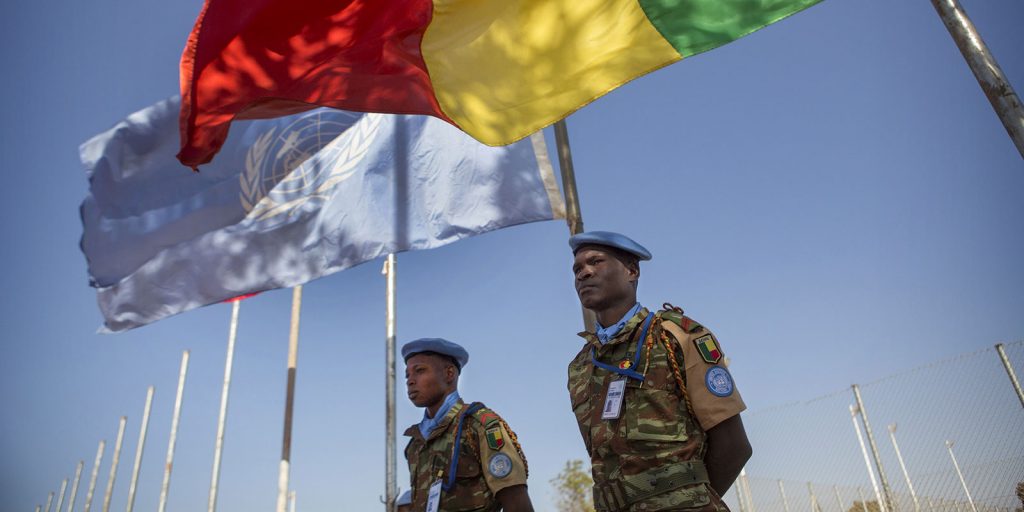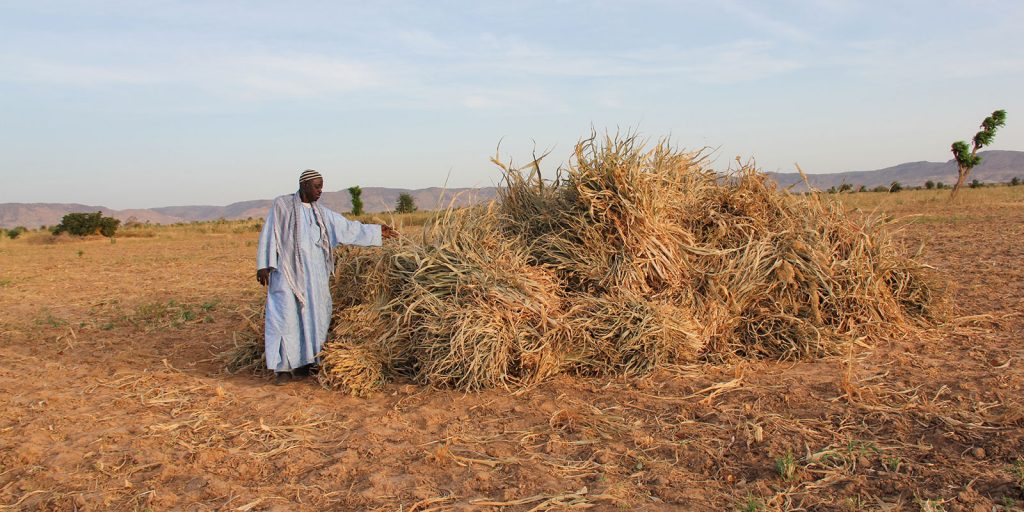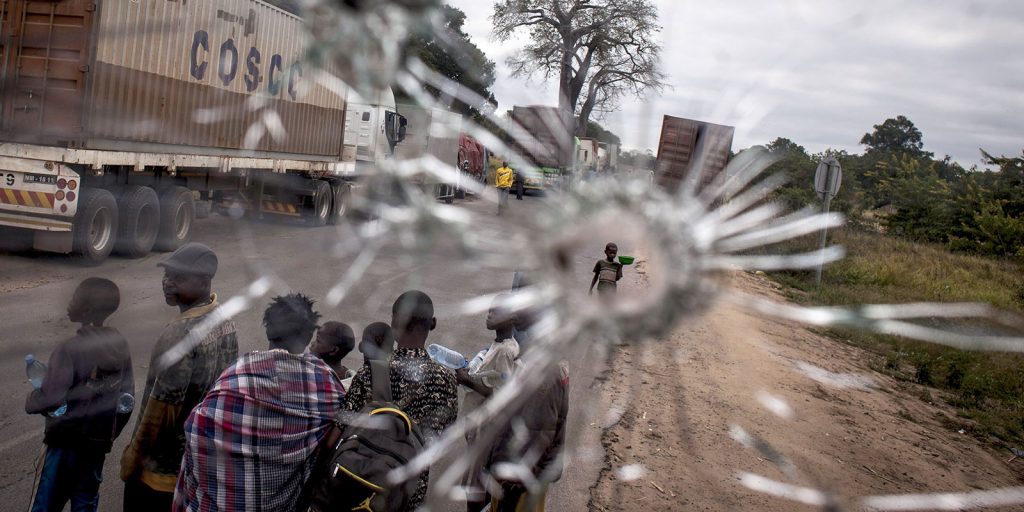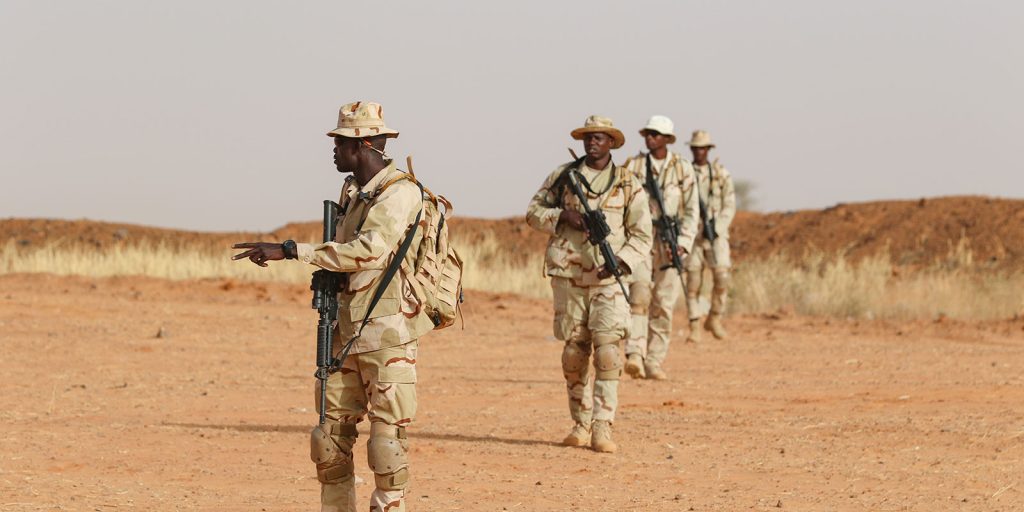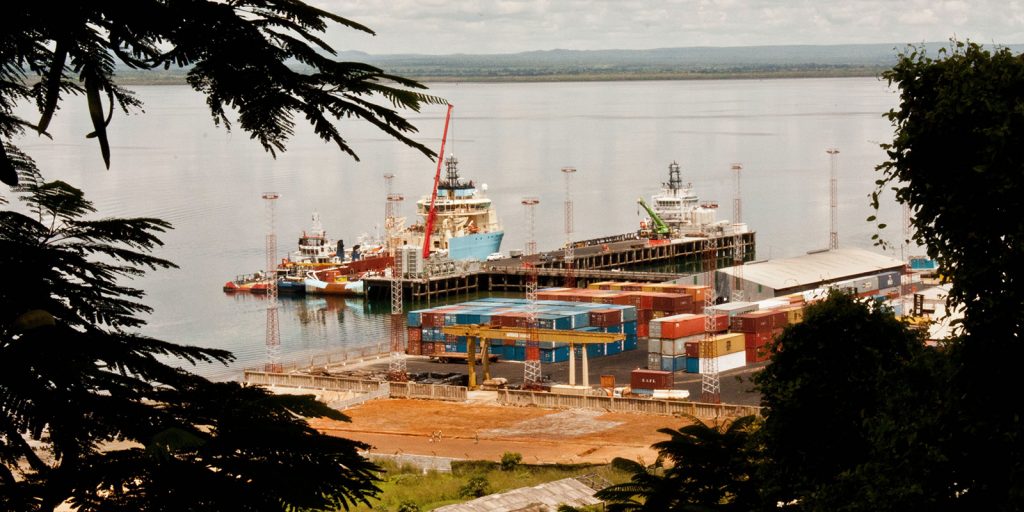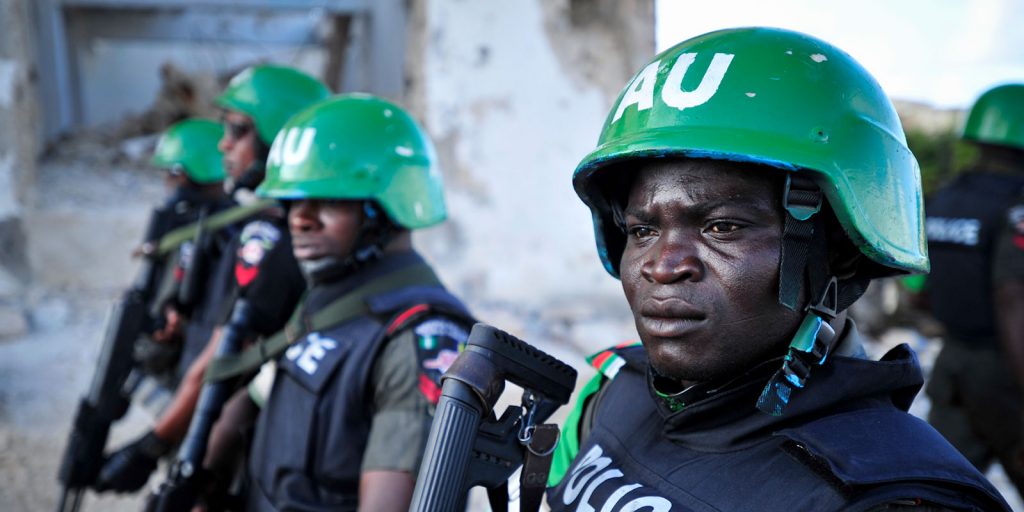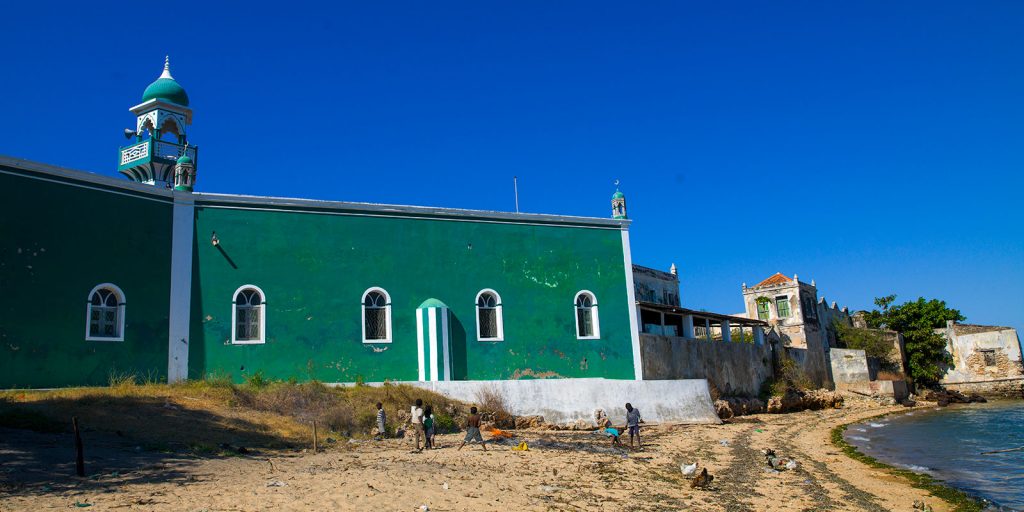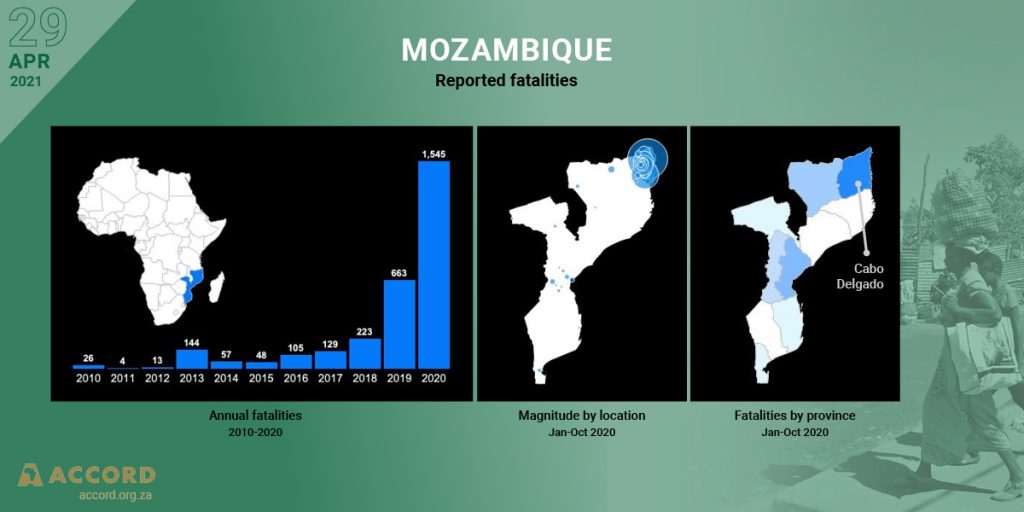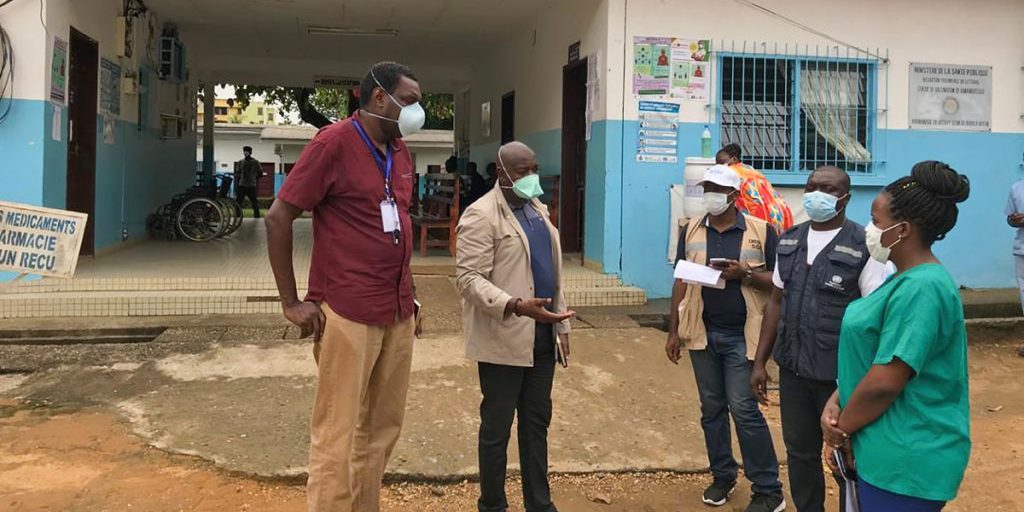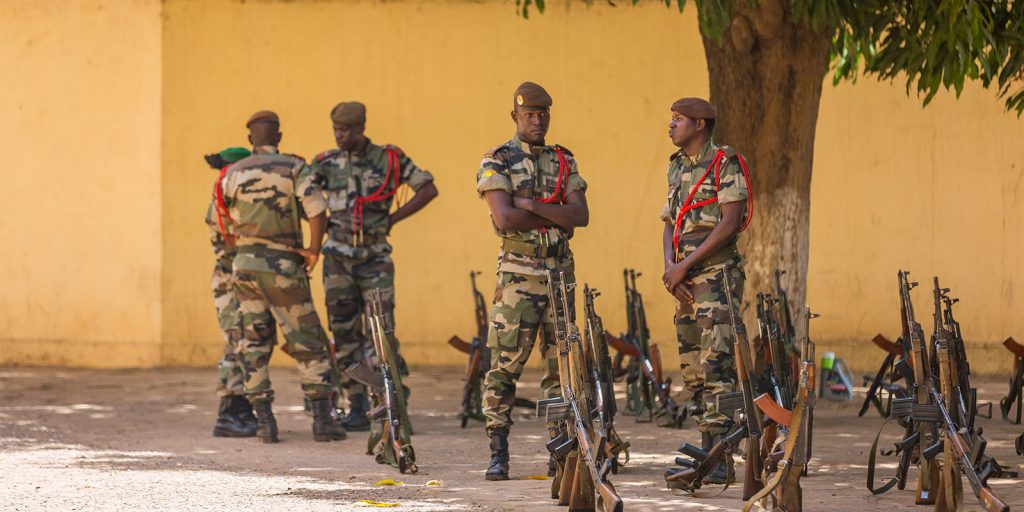
The Coup and Implications for Preventing Violent Extremism in Mali
The coup d’état in Mali which occurred on 24 May 2021, the second in nine months, marks another critical juncture for the country. Mali continues to face a multi-faceted crisis: a resilient jihadist insurgency which is highly active in northern, central and increasingly southern parts of the country, communal violence and the rising prominence of self-defence militias.

